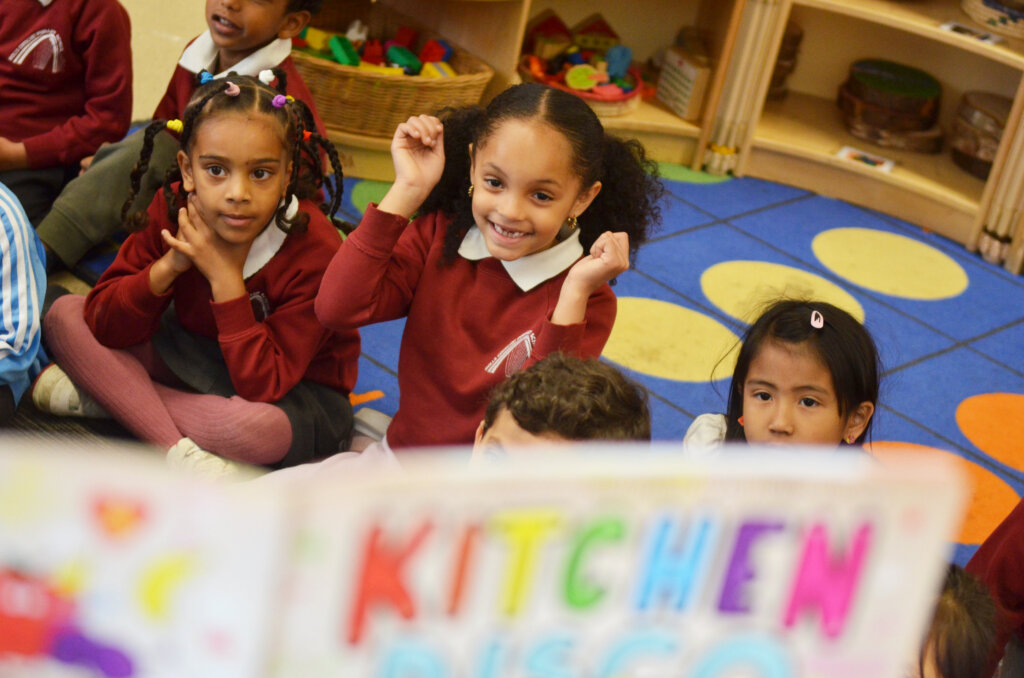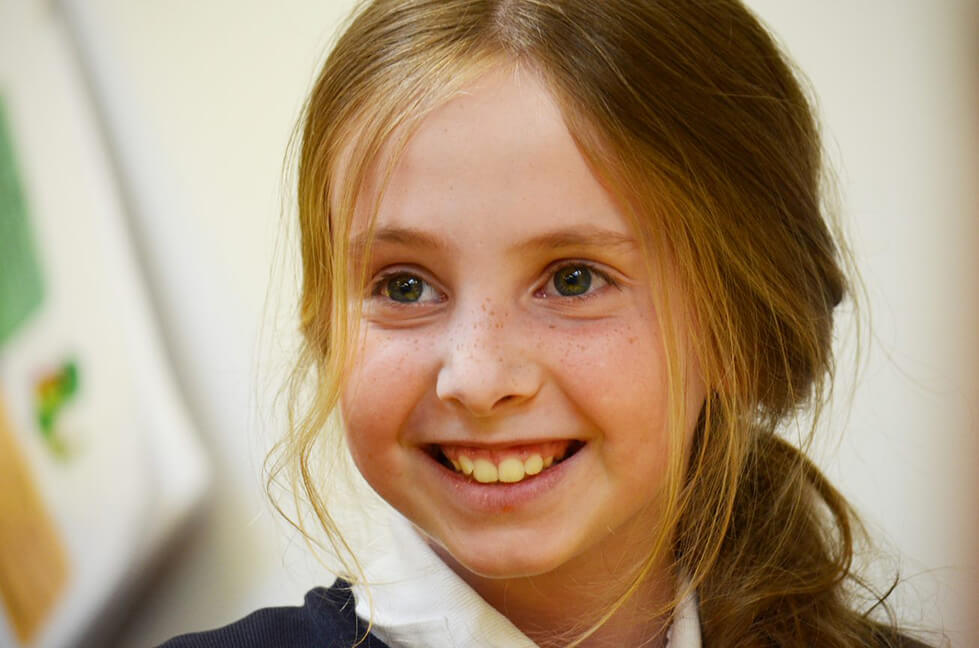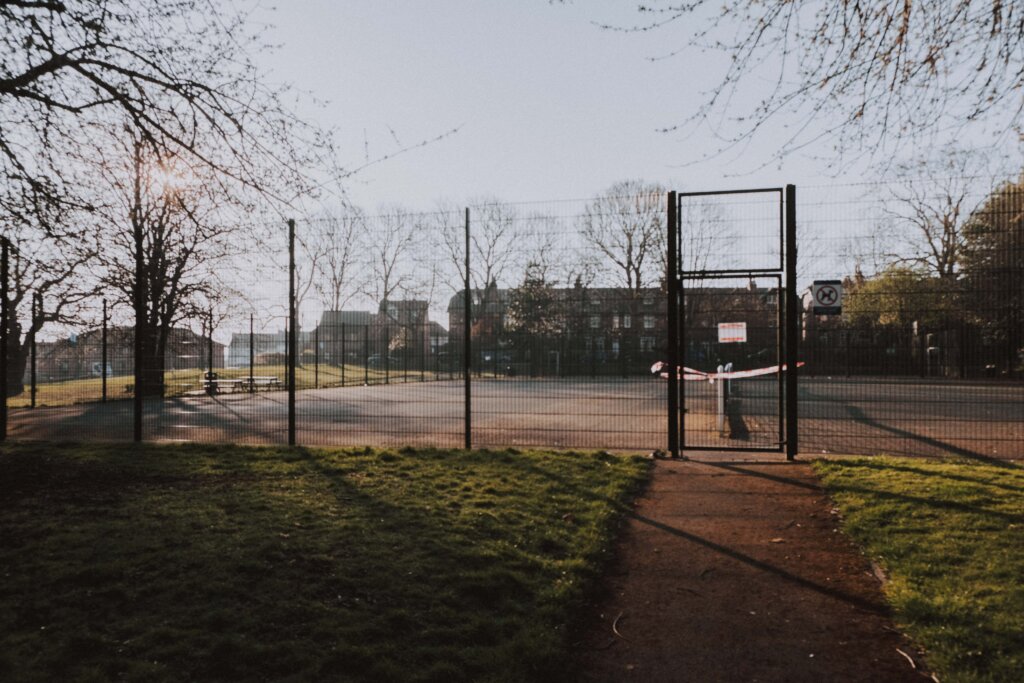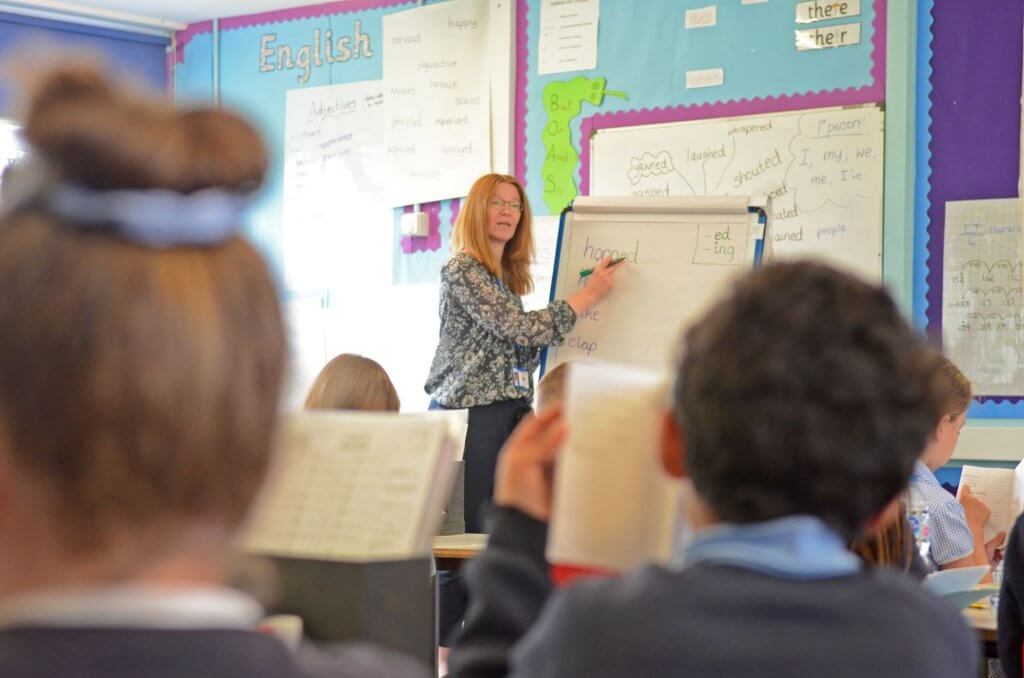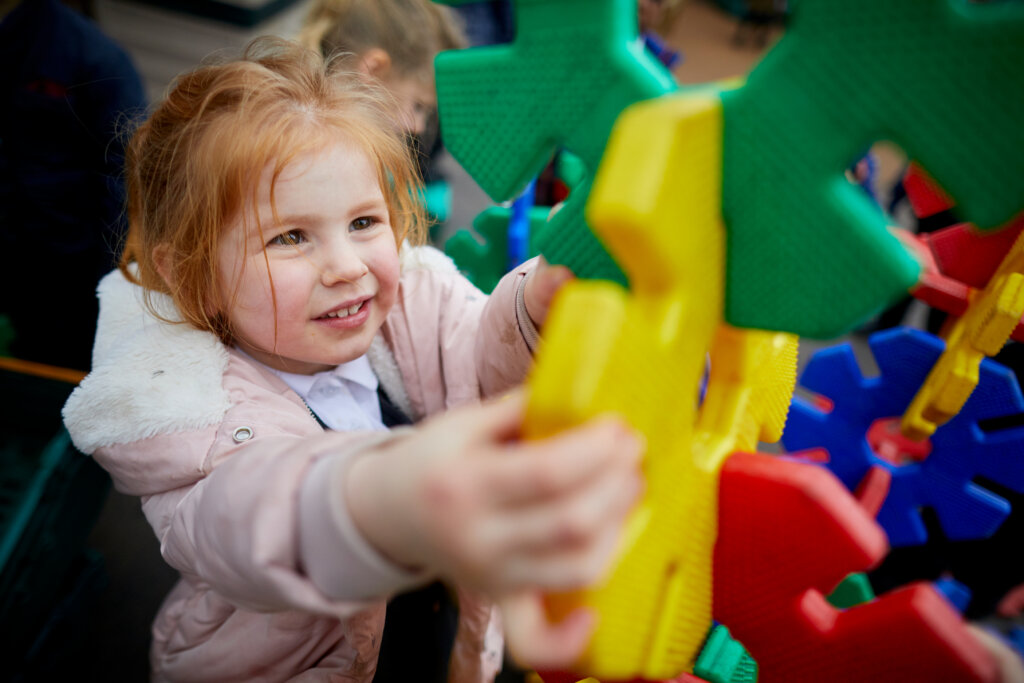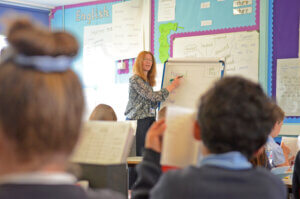What is Early Help?
All practitioners have a responsibility to ensure they are aware of their local Authorities Early Help offer. But what is Early Help? By identifying concerns for a child or family at the earliest opportunity we are able to better understand the family, their worries, strengths and what support is needed and reduce the risk of escalation to social care interventions.
Early Help uses strength-based conversations, voice of the child and family, team around the child meetings and scaling questions to help families and practitioners understand what support is required and to implement the most appropriate and effective way of moving forward. Empowering a family to access support early on, creates a sense of ownership and has shown to improve family’s relationships with agencies and ability to create sustained and effective change.
Using an Early Help assessment, what can sometimes appear to be an isolated concern, can often show that there are more complex needs. Some can be dealt with by one agency alongside the family and sometimes a multi-agency approach is required.
Using a strength-based model ensures the family and young person remains at the heart of the support.
Who may need Early Help?
Whilst most children and families may never need support or interventions there are some circumstances whereby families may need a little extra support or a more targeted offer.
Families may benefit from early help for a wide range of concerns, including but not exclusive to: housing issues, finances and poverty, child’s behaviours, child or adult mental health, family and relationship breakdown, poor attendance, missing from home episodes, alcohol or drug misuse, at risk of exclusion, young carers, home conditions and poor health. Early Help can also support families whom have children are risk of FGM, becoming NEET, radicalisation, CSE, CCE, modern slavery, sexual harassment and county lines.
Having an in-depth knowledge of these issues is vital in ensuring you are able to quickly and confidently identify families who may require support.
The benefits of early help?
As a school, finding capacity to support families is an ever-increasing pressure but one which is vitally important. Getting the Early Help offer right with families, can ensure that the right support can be offered much quicker, thus ensuring schools are dealing with less attendance concerns, mental health worries, child protection and child in need interventions and families and children are kept safe and are able to thrive in and out of school.
Safeguarding Conference:
If you would like to know more information of how early help offers targeted support to young people and families, please see this link to our Safeguarding Conference in February 2022 as this will be covered by experts from the Manchester Early Help Team.
Support with Early Help Assessments;
We have advisers experienced in Early Help who can work with schools to complete their assessments with families. Please get in touch if you would like to know more information of how we can support your school.


